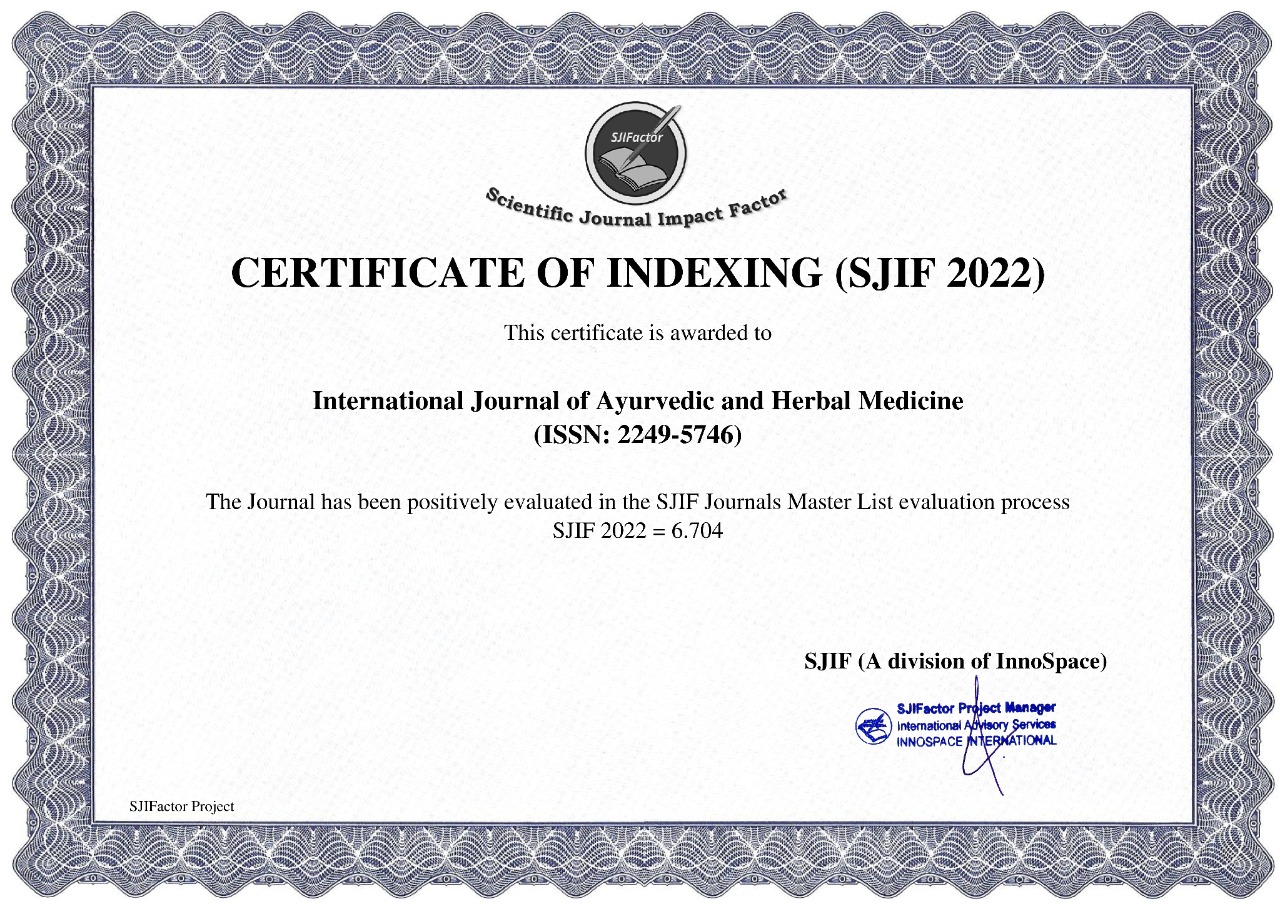


Title : COCONUT FLOUR - A LOW CARBOHYDRATE, GLUTEN FREE FLOUR A REVIEW ARTICLE
Authors :S.R Priya* and Dr Lalitha Ramaswamy** '
Abstract : Coconut is the most important versatile crop, which provides all required amenities for human life. The coconut provides a nutritious source of meat, juice, milk, and oil that has fed and nourished populations around the world for generations. On many islands coconut is a staple ingredient in the diet. Nearly one third of the world's population depends on coconut to some degree for their food and their economy. Coconut is rich in fiber, vitamins, and minerals. It is belived as a "functional food" because it provides many health benefits beyond its nutritional content. Coconut is naturally low in digestible carbohydrate, contains no gluten, is cheaper than most other nut flours, is loaded with health promoting fiber and important nutrients, and tastes terrific. Coconut flour is a soft, flour like product made from the pulp of a coconut. It’s actually a by-product made during the coconut milk making process. Coconut flour is extremely high in fiber with almost double the amount found in wheat bran. This flour can be used much like wheat flour to make a multitude of delicious breads, pies, cookies, cakes, snacks and desserts. It contains more calorie free fiber than other wheat alternatives. Coconut flour also provides a good source of protein. While coconut flour does not contain gluten (the type of protein found in many grains) it does not lack protein. It contains more protein than enriched flour, cornmeal and also as much as wheat flour. Coconut flour provides many health benefits. It can improve digestion, help regulate blood sugar, protect against diabetes, help prevent heart disease and cancer, and aid in weight loss.
Authors : Jayachandra Kuncha1*, Ganesh kumar J2, V. SharmilaDevi3and Prabhu.P4,
Abstract :The presence study was carried out to scientifically evaluate Anti-Urolithiatic potential of whole plant of aqueous extract of Trianthema decandra by various invitro Anti-Urolithiatic methods. Urolithiasis is a process which occurs events like supersaturation, nucleation, growth, aggregation and retention within kidneys. Medicinal plants are more useful for the body, because they promote the repair mechanism in a natural way. To prove aqueous extract of Trianthema decandra is having anti-Urolithiatic activity various Invitro methods are utilized, such as crystallization assay, nucleation assay, aggregation assay and growth assay. Cystone (Marketed formulation for kidney stone) were used as standard reference. Based on our results, the aqueous extract of Trianthema decandra is decreases in the crystal formation 45.1% standard 72.8% at 1000µg/ml, at the same concentration reduction nucleation 48.7% standard 69.3%, inhibition of aggregation was 46.7% standard 68.4% and growth was inhibited 50.2% standard 71.1% were observed. Our research was concluded that the aqueous extract of Trianthema decandra having moderate Anti-Urolithiatic activity in a dose dependent manner.
index






















